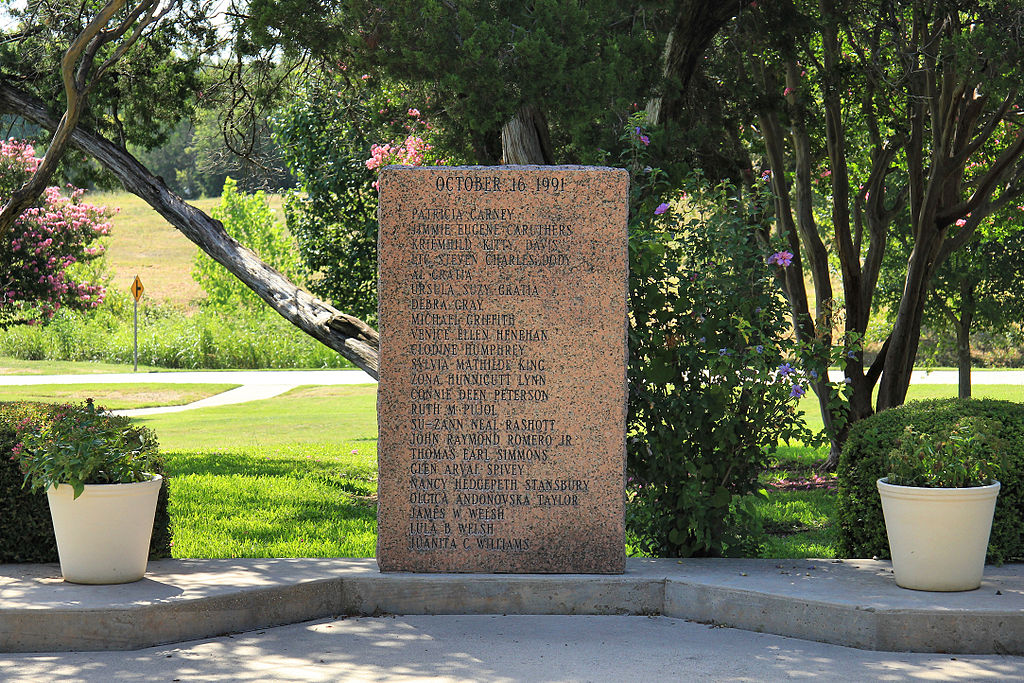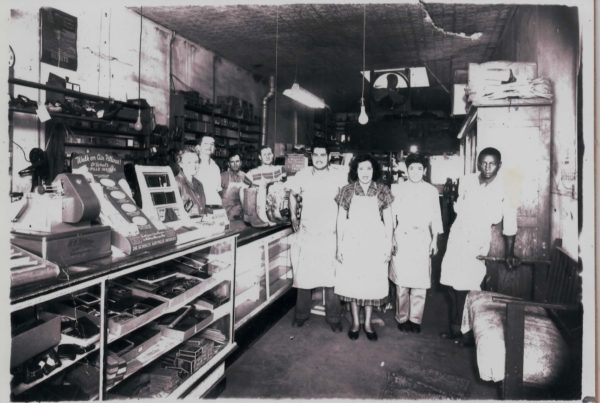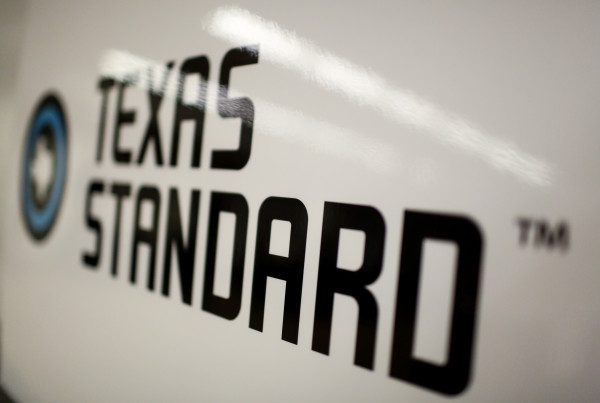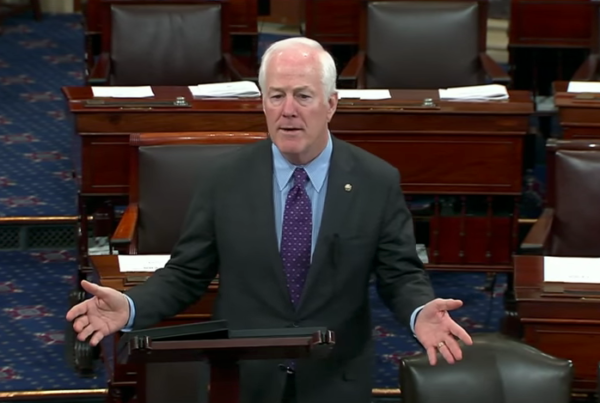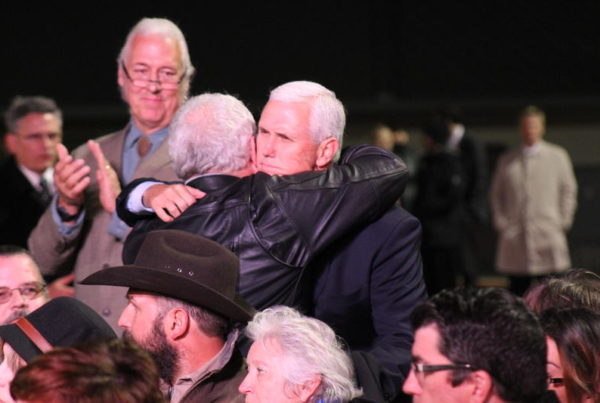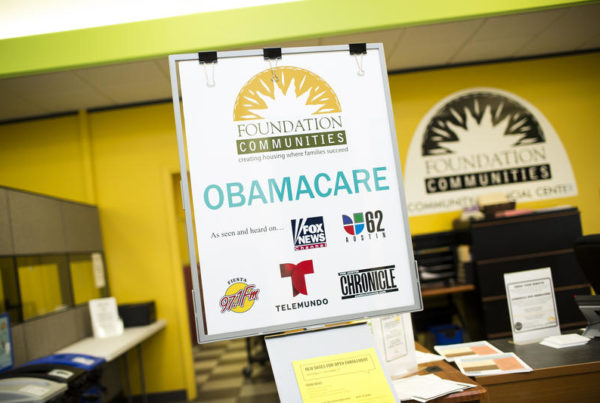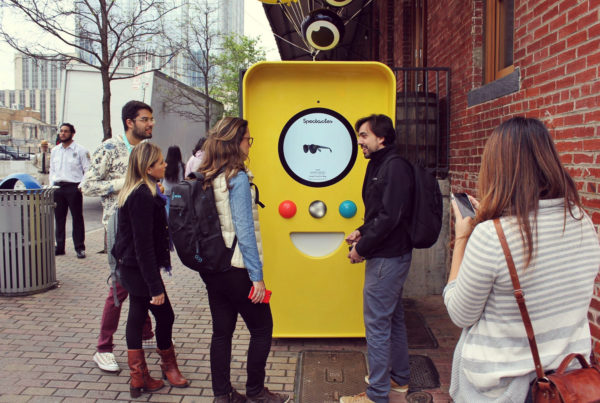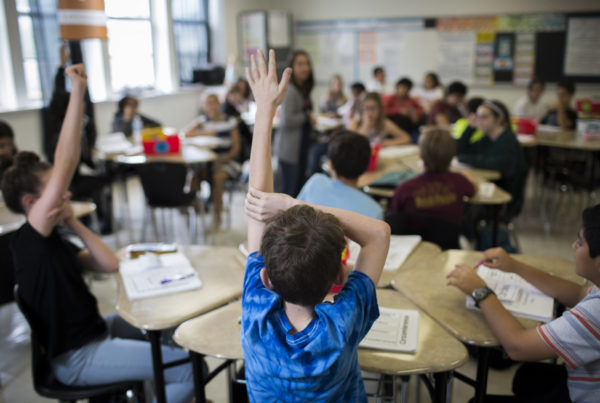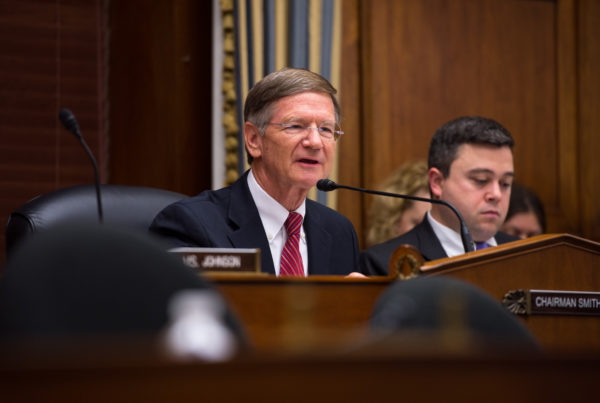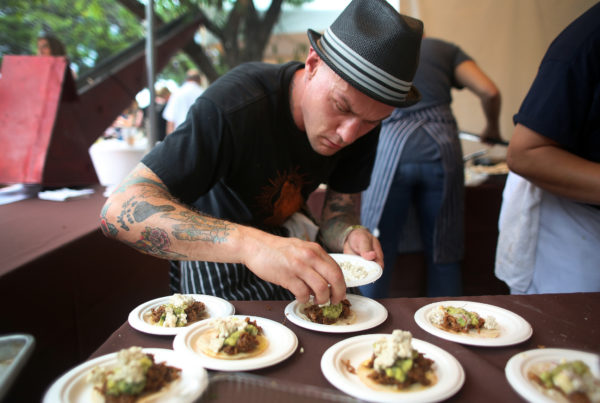When a tragedy like the one Sunday in Sutherland Springs happens, we often talk about not being able to imagine what folks in the community are going through. But there are a few Texans who can.
On October 16, 1991 everything changed for the town of Killeen, Texas. A man named George Hennard crashed his 1987 Ford Ranger through the window of a Luby’s Cafeteria in Killeen and started shooting. He killed 24 people, including himself.
How does a place change after something so tragic happens? How does it move on? While it’s impossible to answer these questions in a satisfactory manner, the former mayor pro tem of Killeen Fred Latham has some thoughts.
Latham was meeting with the mayor of Killeen and a Texas Department of Transportation district manager when the shooting occurred. The three men were out surveying the condition of roads in the city when they noticed a blockade of police cars around the Luby’s restaurant.
“There were roadblocks everywhere, and constables, police officers, so we knew something terrible had happened,” Latham says.
They drove over to Luby’s and asked an officer what was going on.
“He told us there was a shooting at the Luby’s. It had just recently happened, probably within 30 minutes before we arrived there,” Latham says.
Latham says he was in shock. His wife worked at the Luby’s. His friends ate there. Thankfully, his wife was OK. But not all were so lucky.
“We were not as small as Sutherland Springs was, but we were small enough that we knew lots of people,” Latham says. “The memory that comes to my mind is one of my good friends, who is also in the real estate business, was shot. His mother in law was killed, and the picture of him on the front page, I guess it was the Austin American, that paper that I saw, it was very close and personal.”
Latham says every time there is a shooting like the one that happened in Sutherland Springs, it is a reminder of what happened in Killeen.
“I notice that every time an event like this takes place, you’ll see an article in a paper somewhere where it talks about here are the number of people killed in an event like this, and we’re still in the top ten, the top five, you know. And when this kind of thing happens elsewhere it just brings those memories back,” he says.
As for the people who lost family in the shooting in Killeen, and now in Sutherland Springs, Latham says he doesn’t think they need a reminder.
“Every time there’s a birthday or any time you have a family gathering and that person is not there any longer, I’m sure that they still think about that. Cause I do, and I wasn’t that personally affected,” he says.
It took a while, but the community was able to recover by coming together, Latham says.
“You know, we were resilient, and that’s what’s amazing about something like this. The community will be resilient, people will come from everywhere to try to help either financially or with other services they can offer,” Latham says.
He says that the only advice he can offer to victims is that they remember why they were at church on the day of the shooting: to worship God and ask for his mercy.
“There is evil in our world, and we go to church every Sunday to try to pray to God that we believe in that helps give us mercy. And hopefully he can help them. This person evidently had a need to do something to hurt people, and he was unmerciful, and we cannot understand that kind of logic or thinking,” Latham says. “We will always continue to pray for those people, and I’ve watched some of the interviews of some of the relatives, and it’s so personal and they will hurt for a long time. And they will need everyone’s help, any way you can help.
Written by Kate Groetzinger.


